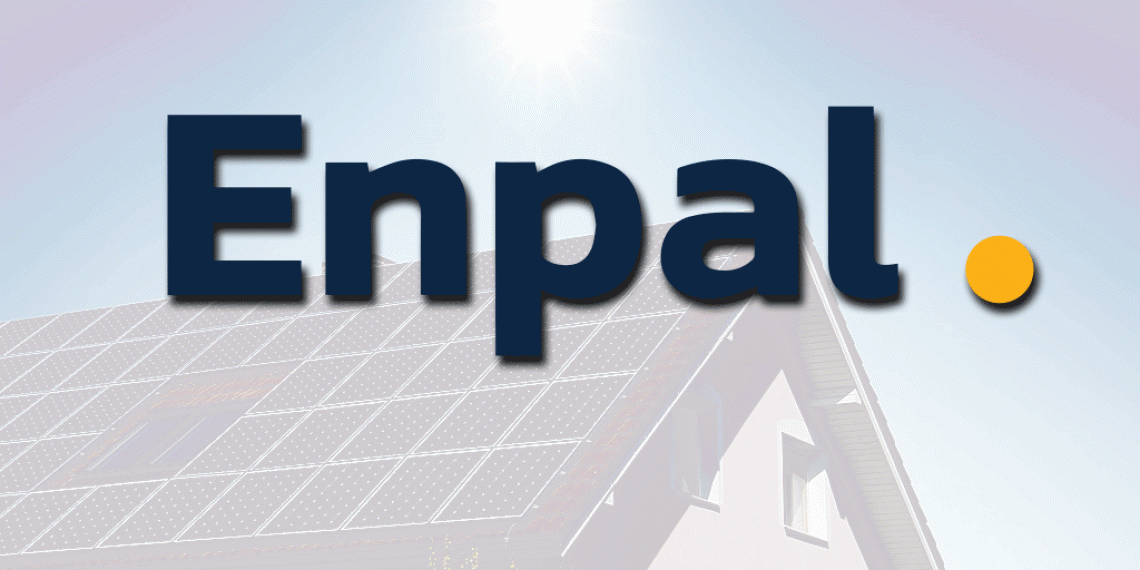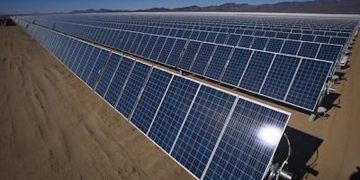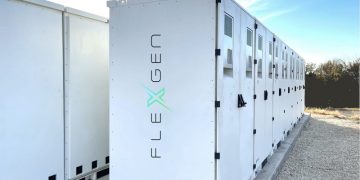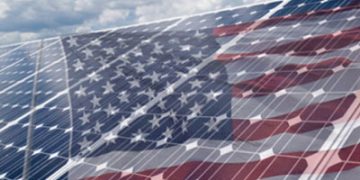As one of the major hurdles in making solar energy more accessible to homeowners, this startup has found ways around some difficult business challenges by combining their technological know-how with innovative solutions.
With funding on its way and plans for growth already set at an all-time high; it can be expected that we will soon see yet another company join those who are changing how we think about power generation.
The Deal in 82 Words
Enpal, a Solar Startup Out of Berlin That Uses AI for Provisioning and Installing Services Along With A subscription-style Model For Homeowners To Pay For It (You Might Even Call it SaaS), Has Raised €150 Million ($174 million) From SoftBank Vision Fund 2.
Financing and Valuation Details
Enpal has announced that it will be closing out its Series C at €250 million ($290 million), including a €100 million investment from earlier this year which brought in HV Capital and SolarCity co-founder Peter Rive.
Post money valuation of the company is now set at 950M EURO (1B USD). To date, Enpal has raised around 360 Mln dollars through equity investments with another 406 Mil DOLLARS worth on debts too.
Enpal’s Plan Forward
It’s current home market Germany still represents most of their operations but they plan to continue growing elsewhere as well make their first attempts into new ones outside German borders.
Ultimately Enpal’s goal, CEO Mario Kohle said, is to make using renewable energy a realistic option for everyone and everything.
“Our plan is to go beyond Germany because the climate crisis goes beyond our borders, we also think that this small thing that we invented could also expand into e-mobility and community-based energy distribution.”
Genesis and Additional Background
The original idea was to build a new startup that could be more proactive about the climate crisis.
His previous company, a sales-lead generation firm he sold to PE giant General Atlantic seemed like they were on point but then again these failures happened time and again for them too–so it wasn’t their fault per se; instead what Kohle found out from his research is all those hurdles in selling efficiency were really getting between them and success as well as slowing down how quickly projects would get off of ground even if you had an amazing product or service offerings.
The Value Proposition for Consumers
Enpal’s AI-based algorithm makes it easy for customers to take pictures of their roofs, and then uses computer vision techniques that allow technicians to determine the size and positioning required.
As a result, they can provide installation services remotely without ever visiting houses in person at point-of-install time saving money while delivering excellent customer service!
An IoT app allows consumers to measure their energy gathering, storage (on lithium iron phosphate cells also supplied by Enpal), and consumption. Customers pay for services using a monthly subscription model that includes installation of solar panels at no cost after the sign-up period ends in 20 years with a 1 euro purchase option per panel then they can buy back the product during this time frame or sell it on if needed later.
The future of clean energy is bright with new, cutting-edge technologies that can be used to generate our power or consume less. Enpal blends old and new to maximize efficiency while also making their solutions more practical for large-scale use cases such as those seen at home with solar panels on your roof.
Similar Solar Financings
Another startup called Aurora Solar is tackling this as a B2B2C problem: In May, it raised a $250 million Series C of its own earlier this year for technology that also uses computer vision (along with satellite mapping and other data), which it sells to solar companies to help them automate home installation designs and cost estimates, thereby also reducing the huge costs associated with that.
Moonshots, of course, come with risks. Aurora’s focus on selling software to the solar industry means that it doesn’t control the full business model and its success is predicated on its customers continuing to grow (and not failing because of the many other challenges in running a solar business).
Concerns and Caveats
Enpal needs to make sure it doesn’t find itself overleveraged with the number of solar installations it has out in the market, subsidized by Enpal itself. Customers might not buy as much energy if they are only using a certain device that supplies the power from this form of renewable resource such as an estimated cost between $15-40K for one system on top of their monthly utility bill for a 2,000-square-foot house, this hardware is typically two orders of magnitude more expensive than, say, a set-top box. That basic model subsidizing panels is one reason the company has taken on so much debt.
Kohle is confident that the company’s chances of having a bad outcome are slim due to the model’s attractiveness. The firm isn’t yet profitable., but “We have a positive contribution margin from the beginning” because of the SaaS model, he said. “That’s something the customers are paying, and it means we are cash-flow positive from the beginning. And what customers like is that they are paying less and getting a solar system for free.”
Some of the things that make this an exciting company for solar investors
- Solar + AI Technology
- Latest round for a German solar company raises $174M from SoftBank
- Enpal is gunning to be the one-stop-shop for everything related to residential solar installations in areas such as Germany and other parts of Europe
- Enabling homeowners to purchase solar panels via monthly subscriptions, which can be ‘rented’ out during the contract term which is 20 years long with the option for customers to buy back (with 1 euro per panel) or sell it to Enpal later.
- Enpal has already installed about 6,000 homes across Germany since 2015 and provides all parts necessary for residential installations like solar panels, smart meters, and battery systems.









